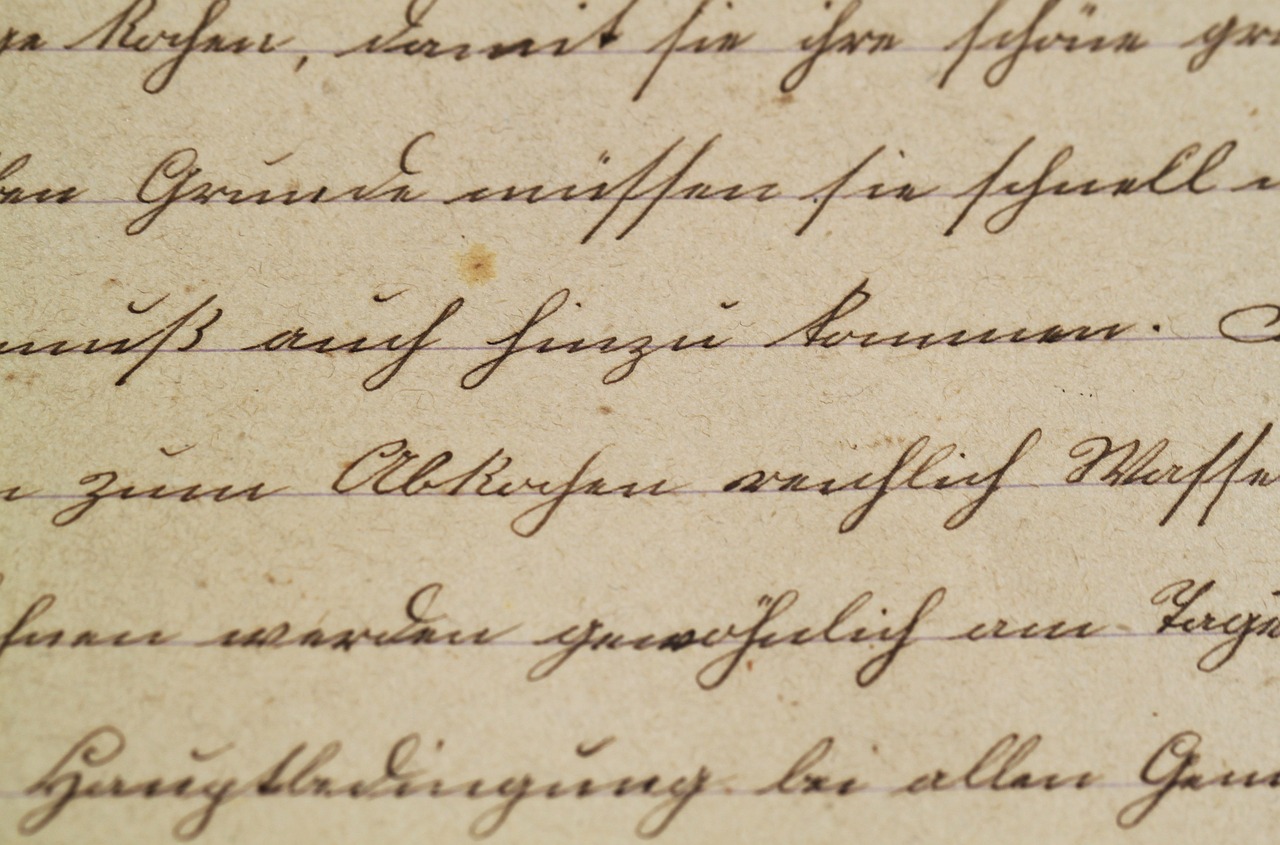Exploring the Role of Peer Feedback in Improving Student Writing: Lotus book 365, Play exchange 99, All panel.com
lotus book 365, play exchange 99, all panel.com: When it comes to developing strong writing skills, feedback is a crucial element in the learning process. While feedback from instructors is valuable, peer feedback can also play a significant role in improving student writing. In this article, we will explore the importance of peer feedback and how it can help students enhance their writing skills.
The Power of Peer Feedback
Peer feedback involves students giving and receiving constructive criticism on each other’s writing. This process not only helps students identify areas for improvement but also allows them to learn from their peers’ strengths and weaknesses. By receiving feedback from their peers, students can gain new insights into their writing and develop a better understanding of what constitutes effective writing.
Benefits of Peer Feedback
There are several benefits to incorporating peer feedback into the writing process. One of the primary advantages is that it promotes a collaborative learning environment where students can engage with each other’s work and offer valuable insights. Additionally, receiving feedback from peers can help students develop their critical thinking and analytical skills, as they learn to evaluate and provide feedback on others’ writing.
Peer feedback also encourages students to take ownership of their learning by actively participating in the revision process. By receiving feedback from their peers, students can identify areas of weakness in their writing and work towards improving them. This process not only helps students become better writers but also fosters a sense of accountability and responsibility for their own learning.
Tips for Effective Peer Feedback
To ensure that peer feedback is effective, it is essential to establish guidelines and expectations for the feedback process. Encourage students to provide specific and constructive feedback that is focused on the content, organization, and clarity of the writing. Emphasize the importance of supporting feedback with examples and suggestions for improvement to help the writer understand how to enhance their work.
It is also important to create a supportive and respectful environment where students feel comfortable giving and receiving feedback. Encourage students to approach peer feedback with an open mind and a willingness to learn from their peers’ perspectives. By fostering a culture of collaboration and mutual respect, students can benefit from the feedback they receive and use it to enhance their writing skills.
Exploring the Role of Peer Feedback
Peer feedback plays a crucial role in improving student writing by providing valuable insights, promoting collaboration, and fostering a sense of ownership over the writing process. By incorporating peer feedback into the classroom, educators can empower students to become more effective writers and critical thinkers. Through thoughtful and constructive feedback from their peers, students can refine their writing skills and develop the confidence they need to succeed in their academic and professional pursuits.
FAQs
Q: How can I encourage students to give meaningful feedback to their peers?
A: Encourage students to focus on specific aspects of the writing, such as the thesis statement, organization, and supporting evidence. Provide guidelines for giving feedback and model examples of constructive criticism to help students understand what constitutes meaningful feedback.
Q: What are some strategies for incorporating peer feedback into the writing process?
A: Consider using peer review workshops, online platforms for sharing and commenting on writing, or peer editing groups to facilitate the feedback process. Be sure to provide clear instructions and expectations for how feedback should be given and received.
Q: How can I assess the effectiveness of peer feedback in improving student writing?
A: Collect feedback from students on their experiences with peer feedback, analyze the revisions made based on peer feedback, and track changes in writing quality over time. Consider using peer feedback as a formative assessment tool to gauge student progress and identify areas for further improvement.







